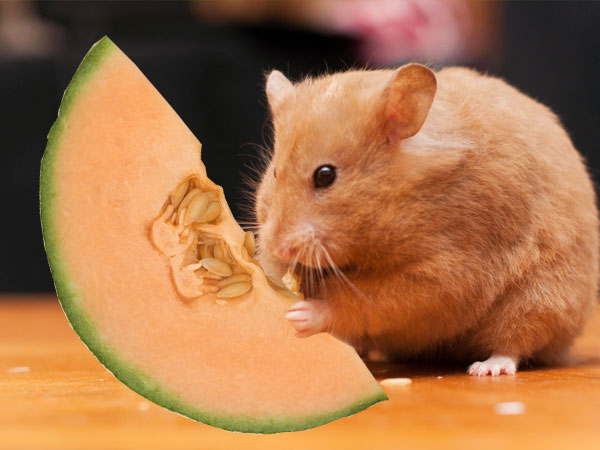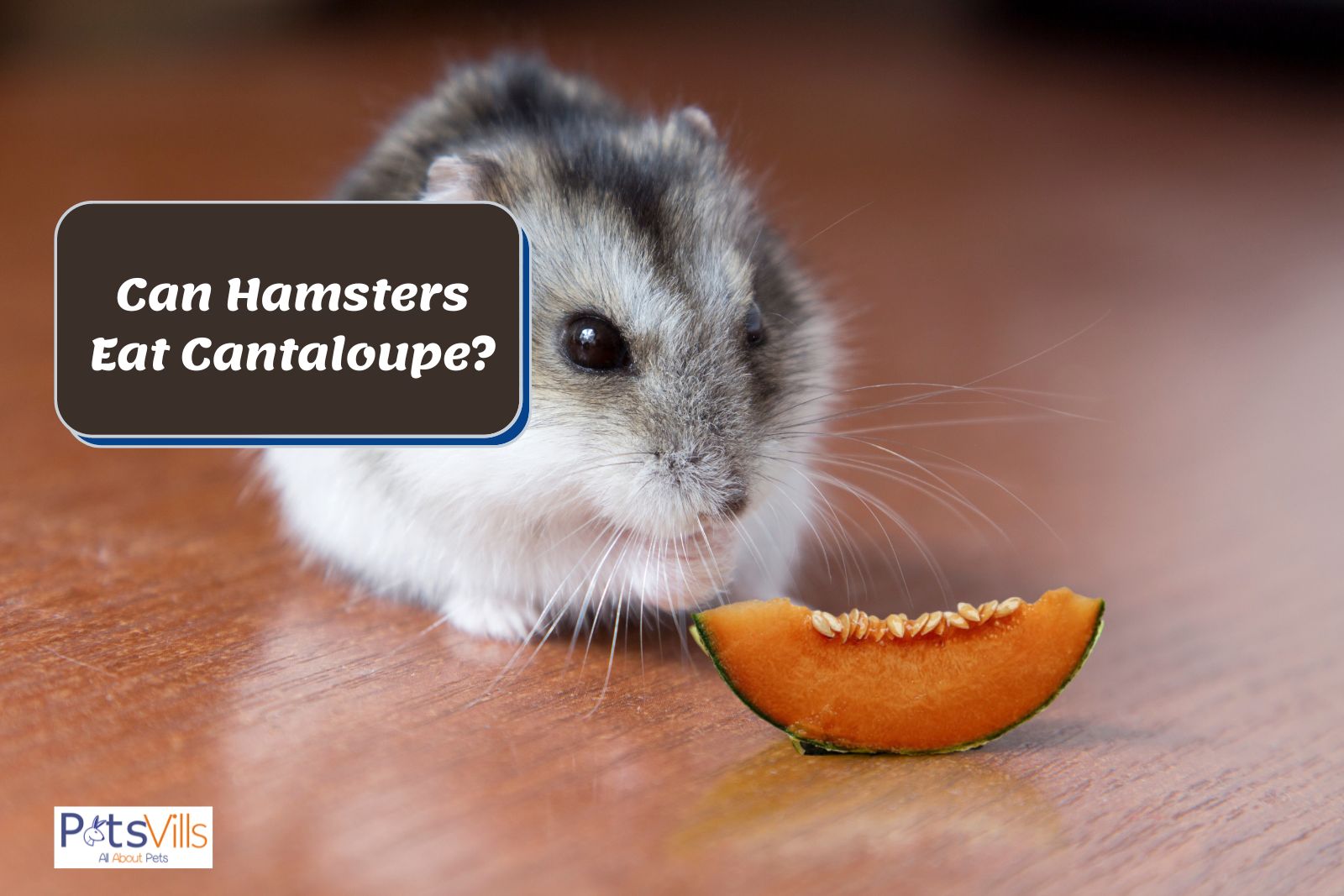Cantaloupe, with its juicy and refreshing taste, is a popular fruit enjoyed by many. As a hamster owner, you may wonder if it is safe to share this delicious treat with your furry friend. In this article, we will explore whether hamsters can eat cantaloupe and discuss the potential benefits and risks associated with feeding them this fruit.

Can Hamsters Safely Consume Cantaloupe?
Hamsters are omnivorous creatures, meaning they can eat both plant-based and animal-based foods. While their primary diet consists of pellets and fresh vegetables, it is essential to introduce variety into their meals to ensure they receive a balanced nutrition. Cantaloupe can be a healthy addition to a hamster’s diet when given in moderation.
The Nutritional Value of Cantaloupe for Hamsters
Cantaloupe is a nutrient-rich fruit that offers several health benefits. It is a great source of vitamins A and C, which are essential for a hamster’s overall well-being. These vitamins contribute to a strong immune system, healthy skin, and good eyesight. Additionally, cantaloupe contains dietary fiber, which aids in digestion and helps prevent constipation in hamsters.
Feeding Cantaloupe to Hamsters: Dos and Don’ts
While cantaloupe can be a healthy treat for hamsters, it is crucial to follow some guidelines to ensure their safety and well-being:
-
Moderation is key: Cantaloupe should only be given as an occasional treat and not as a staple food in a hamster’s diet. Too much fruit can lead to digestive issues and weight gain.
-
Fresh and ripe: Always choose ripe cantaloupes that are free from any signs of mold or rot. Wash the fruit thoroughly and remove the seeds and rind before offering it to your hamster.
-
Small portions: Cut the cantaloupe into small, bite-sized pieces to prevent choking hazards. Offer a small amount initially and observe how your hamster reacts to it. If there are no adverse effects, you can gradually increase the serving size.
-
Monitor for allergies: Some hamsters may have allergies or sensitivities to certain fruits, including cantaloupe. Watch for any signs of allergic reactions such as itching, swelling, or difficulty breathing. If you notice any adverse symptoms, discontinue feeding cantaloupe immediately and consult a veterinarian.
Conclusion
In conclusion, hamsters can safely enjoy cantaloupe as a treat, provided it is given in moderation and prepared correctly. This juicy fruit offers valuable nutrients that contribute to a hamster’s overall health. Remember to always prioritize your hamster’s well-being and consult a veterinarian if you have any concerns or questions regarding their diet.
FAQs
1. Can hamsters eat cantaloupe seeds?
No, hamsters should not consume cantaloupe seeds. The seeds can pose a choking hazard and may cause digestive issues. It is essential to remove all seeds before offering cantaloupe to your hamster.
2. How often can I feed my hamster cantaloupe?
Cantaloupe should only be given as an occasional treat, around once or twice a week. It is crucial to maintain a balanced diet for your hamster, and too much fruit can lead to health problems.
3. Are there any alternatives to cantaloupe for hamsters?
Yes, there are several other fruits that hamsters can enjoy as treats. Some safe options include apples, strawberries, and blueberries. Always introduce new foods gradually and monitor your hamster’s reaction.
4. Can cantaloupe cause diarrhea in hamsters?
Feeding excessive amounts of cantaloupe or introducing it too quickly into a hamster’s diet can potentially cause diarrhea. It is important to offer small portions and observe your hamster’s response to prevent digestive issues.
5. Can I feed my hamster cantaloupe leaves or vines?
No, hamsters should not consume cantaloupe leaves or vines. These parts of the plant can be toxic to them and may cause harm. Stick to feeding only the ripe fruit flesh to your hamster.

